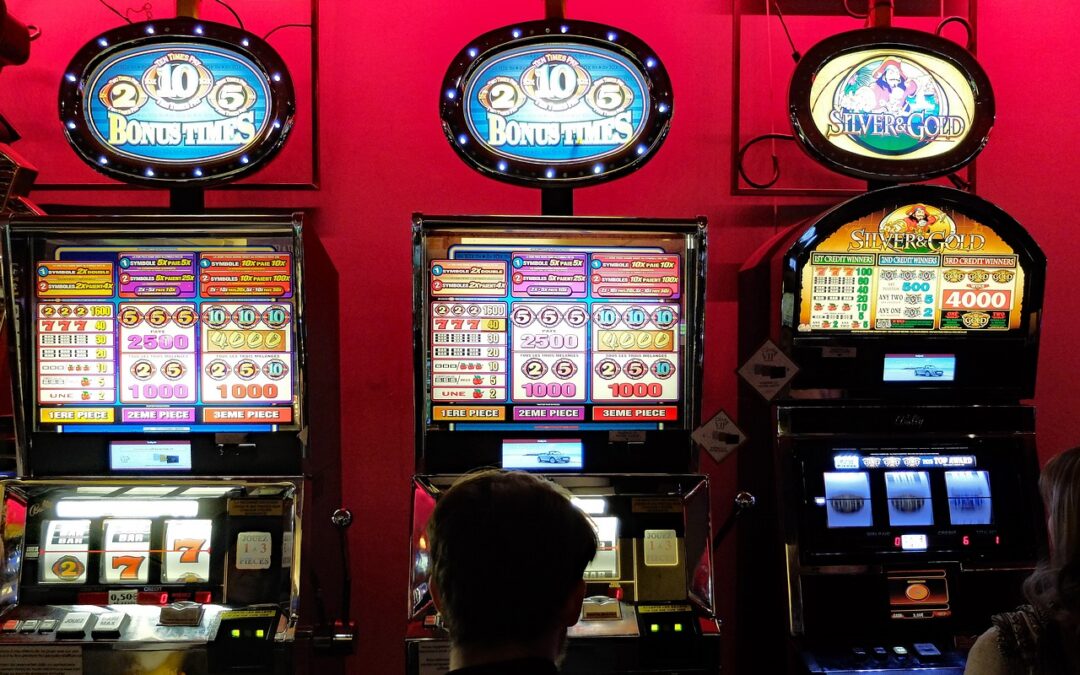Gambling in Indonesia has deep cultural and historical roots, making it a persistent aspect of societal activity despite stringent regulations. This article explores the historical origins of gambling in Indonesian culture, the influence of religion and legal frameworks, and how technological advancements have shaped the landscape. By examining these factors, readers gain a comprehensive understanding of why gambling continues to thrive in Indonesia. The analysis provides valuable insights for stakeholders in the gaming industry, policymakers, and cultural observers.
Indonesia, a sprawling archipelago of over 17,000 islands, boasts a rich tapestry of cultures and traditions. Among these, gambling has held a longstanding, albeit contentious, place. While officially outlawed due to the country’s predominantly Islamic laws, gambling remains a prevalent activity. From small, informal gatherings to sophisticated online platforms, Indonesians engage with gambling in diverse forms. This article delves into the historical, cultural, religious, and technological aspects of gambling in Indonesia to understand its enduring appeal and the factors fueling its growth.
Historical Roots of Gambling in Indonesian Culture
The origins of gambling in Indonesia can be traced back centuries, embedded in traditional games and communal rituals. Games of chance were often part of celebrations and festivals, where villagers participated in betting as a form of entertainment and social bonding.
In Java, for example, cockfighting (“sabung ayam”) has been a popular pastime for generations. This practice, although technically illegal, is still widespread in rural communities. Similarly, games like “dadu” (dice games) and card-based games reflect the historical embrace of wagering as a recreational activity. These games often carried symbolic meanings, associated with luck and fate, which resonate deeply with Indonesian spiritual beliefs.
The Dutch colonial period introduced more formalized gambling activities, including lotteries and casino-like establishments. Although the colonial powers regulated these activities to generate revenue, they also normalized gambling as a legitimate pastime among Indonesians, leaving a lasting cultural impact.
Influence of Religion and Regulations on Gambling
Indonesia’s religious landscape profoundly shapes its approach to gambling. As the world’s largest Muslim-majority nation, Islamic teachings play a critical role in framing societal norms. Islam prohibits gambling (“maysir”) as it is considered exploitative and contrary to moral principles. Consequently, Indonesian law enforces strict prohibitions on most forms of gambling.
Despite this, gambling persists due to the diversity of Indonesia’s population and religious interpretations. Balinese Hindus, for instance, have historically incorporated gambling into certain ceremonies. Similarly, among the Christian and indigenous communities in regions like Papua and North Sulawesi, gambling is less stigmatized.
Legal restrictions have driven gambling underground, fostering an extensive black market. This illicit ecosystem thrives partly because enforcement varies significantly across regions. Local authorities sometimes turn a blind eye to small-scale gambling, viewing it as a cultural practice rather than a criminal act. This regulatory inconsistency creates a fertile ground for gambling to flourish.
The Role of Technology in Gambling’s Rise
In recent years, technology has revolutionized the gambling scene in Indonesia. Mobile apps and online platforms have made gambling more accessible, circumventing legal barriers and physical limitations. Online casinos, such as those offering Slot Kamboja games, attract Indonesian players with the allure of anonymity and convenience. Platforms like Asia128 have gained traction, catering specifically to the preferences of Southeast Asian gamblers.
The widespread use of smartphones and improved internet penetration has amplified the reach of digital gambling. Social media platforms and encrypted messaging apps also play a role in facilitating gambling networks, allowing users to connect and participate discreetly. These technological advancements have significantly increased the appeal of gambling among younger Indonesians, who are more tech-savvy and less tethered to traditional norms.
Table 1 below illustrates the exponential growth of internet penetration in Indonesia, highlighting the potential for online gambling to expand further.
| Year | Internet Penetration (%) | Mobile Users (Millions) |
|---|---|---|
| 2015 | 34.9 | 92.8 |
| 2020 | 50.8 | 160.2 |
| 2023 | 78.2 | 204.8 |
The Economic and Social Drivers of Gambling
Economic factors also contribute to gambling’s persistence in Indonesia. For many, gambling offers the allure of quick financial gain, especially in economically disadvantaged communities. This perception is fueled by success stories—whether real or exaggerated—of individuals who have significantly improved their fortunes through betting.
Social dynamics further perpetuate gambling. In communal settings, gambling often serves as a means of fostering relationships and entertainment. The practice is deeply embedded in cultural celebrations, where wagering is viewed less as a vice and more as a traditional pastime.
Table 2 provides a comparison of gambling expenditure across ASEAN nations, illustrating Indonesia’s unique position despite its legal prohibitions.
| Country | Gambling Expenditure (USD Billion) | Legal Status |
| Singapore | 5.0 | Legal |
| Malaysia | 3.7 | Legal |
| Indonesia | 1.2 | Illegal |
| Thailand | 2.5 | Partially Legal |
Challenges and Ethical Considerations
While gambling offers economic and recreational benefits, it poses significant challenges. Addiction, financial ruin, and social stigma are among the adverse effects. Indonesia’s underground gambling market exacerbates these issues due to the lack of oversight and support systems. Without legal frameworks to ensure fair play and responsible gambling, many players fall victim to exploitation.
Religious leaders and community organizations play a pivotal role in addressing these challenges. Initiatives aimed at promoting awareness about gambling’s risks have gained momentum, but their impact remains limited in the face of technological proliferation and cultural acceptance.
Conclusion
Gambling in Indonesia is a complex phenomenon shaped by historical traditions, religious influences, and technological advancements. While it remains officially prohibited, cultural acceptance and economic motivations ensure its persistence. The rapid growth of online platforms highlights the role of technology in reshaping the gambling landscape.
Understanding the cultural context of gambling in Indonesia is essential for stakeholders aiming to navigate this dynamic environment. By addressing ethical concerns and fostering responsible practices, a balance can be struck between cultural preservation and societal well-being.



